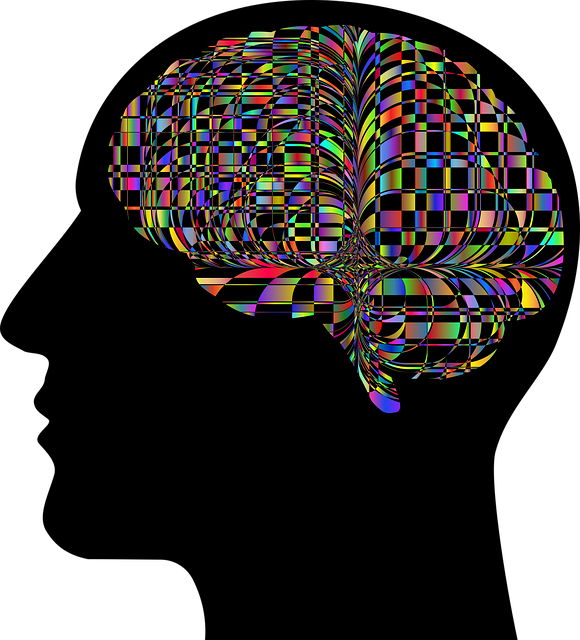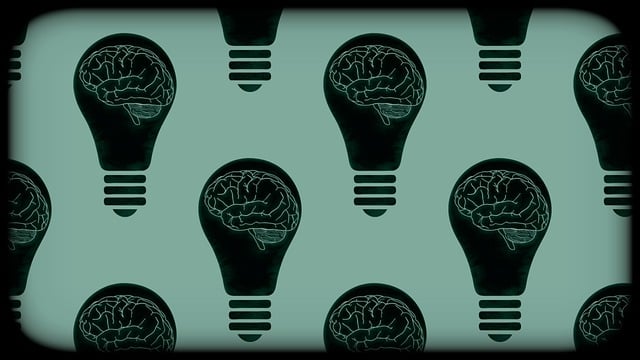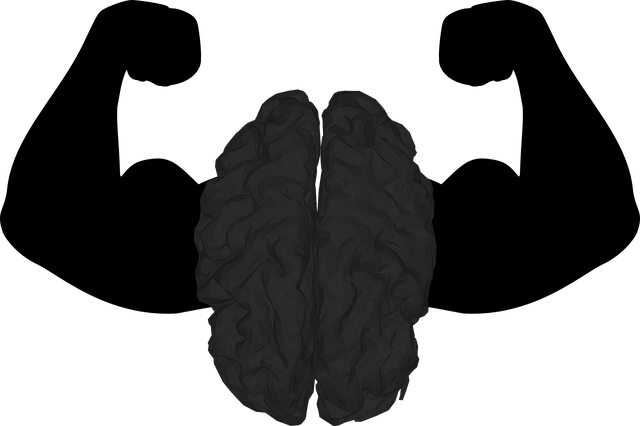In Northglenn, Oppositional Defiance Disorder (ODD) is managed through comprehensive therapy focusing on communication, cultural competency, and compassion cultivation. This approach combines evidence-based techniques like cognitive-behavioral therapy (CBT) with personalized strategies to improve emotional regulation, problem-solving, and relationships. Key elements include crisis intervention skills, mental health policy advocacy, and regular progress monitoring. By fostering understanding, empathy, and healthier habits, Northglenn ODD therapy enhances the quality of life for affected individuals while reducing stigma.
In Northglenn, coping skills development is an essential aspect of addressing Oppositional Defiance Disorder (ODD). This comprehensive guide explores strategies tailored to the unique challenges faced by individuals with ODD. From understanding the disorder’s impact to leveraging therapy, identifying effective coping mechanisms, and fostering supportive environments at home and school, each section delves into actionable steps. By employing these techniques, parents, educators, and caregivers can significantly enhance their support for those navigating ODD in Northglenn, promoting healthier coping strategies over time.
- Understanding Oppositional Defiance Disorder (ODD) in Northglenn
- The Role of Therapy in Coping Skills Development
- Identifying Effective Coping Strategies for ODD
- Creating a Supportive Environment at Home and School
- Monitoring Progress and Adjusting Coping Skills Over Time
Understanding Oppositional Defiance Disorder (ODD) in Northglenn

In Northglenn, Oppositional Defiance Disorder (ODD) is a behavioral disorder characterized by prolonged and frequent arguments with authority figures, active resistance to requests or rules, and angry and resentful attitudes. This condition can significantly impact a child’s relationships at home and school, making it crucial for parents and educators to understand ODD and implement effective coping skills development strategies. Northglenn Oppositional Defiance Disorder therapy focuses on improving communication strategies between the affected individual and their surroundings, fostering an environment that promotes understanding rather than hostility.
Healthcare Provider Cultural Competency Training plays a vital role in addressing ODD, ensuring that treatment approaches are sensitive to diverse cultural backgrounds. Compassion cultivation practices have also shown promise in managing ODD symptoms by teaching individuals empathy and emotional regulation skills. By combining these strategies, Northglenn residents can better navigate the challenges posed by ODD, ultimately enhancing the quality of life for those affected.
The Role of Therapy in Coping Skills Development

In the context of Northglenn Oppositional Defiance Disorder Therapy, professional guidance from therapists plays a pivotal role in coping skills development. This therapeutic approach focuses on identifying and modifying negative behaviors while fostering healthier coping mechanisms. Through individualized sessions, therapists help clients understand their emotions and triggers, empowering them to make positive changes. By combining evidence-based techniques such as cognitive-behavioral therapy (CBT) with personalized strategies, the process promotes resilience building and anxiety relief for individuals facing oppositional defiance disorder (ODD).
Therapy serves as a safe space to explore and address underlying issues, enhancing mental wellness coaching programs development. Trained professionals teach effective problem-solving skills, stress management techniques, and emotional regulation strategies tailored to each client’s unique needs. This supportive environment encourages the adoption of healthier habits, leading to improved relationships and overall well-being. Resilience is not just developed; it is cultivated through consistent practice under the guidance of therapists, ensuring sustainable progress in coping with life challenges, including ODD symptoms.
Identifying Effective Coping Strategies for ODD

Identifying effective coping strategies is a key aspect of Northglenn Oppositional Defiance Disorder (ODD) therapy. ODD can significantly impact an individual’s daily functioning and relationships, making it crucial to equip them with appropriate tools for managing their symptoms. Through tailored therapy sessions, mental health professionals help individuals with ODD recognize and understand their emotional triggers, offering alternative ways to express and manage these emotions. One such strategy is teaching relaxation techniques, which can include deep breathing exercises or mindfulness practices, helping to calm and regulate intense feelings.
Additionally, promoting healthy coping mechanisms beyond therapy sessions is vital for long-term success in managing ODD. This involves fostering Mental Health Awareness by encouraging open discussions about emotional experiences and providing accessible resources. By adopting Confidence Boosting techniques, individuals with ODD can learn to navigate challenging situations more adaptively, reducing the likelihood of acting out due to frustration or anger. The ultimate goal is to integrate these strategies into daily life, thereby lessening the impact of ODD symptoms and improving overall well-being, while also contributing to Mental Illness Stigma Reduction Efforts by promoting understanding and acceptance.
Creating a Supportive Environment at Home and School

Creating a supportive environment is crucial for coping skills development, especially for individuals with Oppositional Defiance Disorder (ODD), like those receiving Northglenn Oppositional Defiance Disorder Therapy. At home and school, consistent routines and clear boundaries can significantly mitigate ODD symptoms. Implementing Crisis Intervention Guidance techniques, such as teaching deep breathing exercises and positive self-talk, empowers children to manage their emotions during triggers.
Moreover, Mental Health Policy Analysis and Advocacy plays a vital role in fostering supportive environments. Schools should integrate mental wellness journaling exercises into their curriculums, encouraging students to express feelings and track progress. This practice not only enhances coping skills but also promotes self-awareness, which is essential for long-term mental health success.
Monitoring Progress and Adjusting Coping Skills Over Time

Monitoring progress is a vital component of coping skills development. In Northglenn Oppositional Defiance Disorder (ODD) therapy, regular assessments help identify which strategies are effective and which need refining. This dynamic approach ensures that the treatment plan evolves with the individual’s changing needs. Therapists can track improvements in emotional regulation, problem-solving abilities, and positive thinking—all while addressing any emerging challenges. By periodically evaluating progress, professionals can adjust coping skills practices, tailoring them to the unique journey of each client.
Over time, as individuals master certain techniques, they may require different tools to navigate life’s complexities. For instance, a person initially focusing on depression prevention through cognitive-behavioral therapy (CBT) techniques might later integrate these skills into a broader repertoire for managing stress and building confidence. This adaptation reflects growth and changing circumstances, allowing the coping strategies to remain relevant and effective throughout various stages of development.
Coping skills development is a multifaceted process that, when effectively implemented, can significantly improve outcomes for individuals with Oppositional Defiance Disorder (ODD) in Northglenn. Through therapy, tailored coping strategies, and supportive environments at home and school, individuals with ODD can learn to manage their emotions and behaviors more constructively. Regular monitoring of progress and adjustments to coping skills over time ensure that these strategies remain effective as the individual grows and their needs evolve. By embracing these strategies, Northglenn residents can foster healthier, happier lives for those facing ODD.














